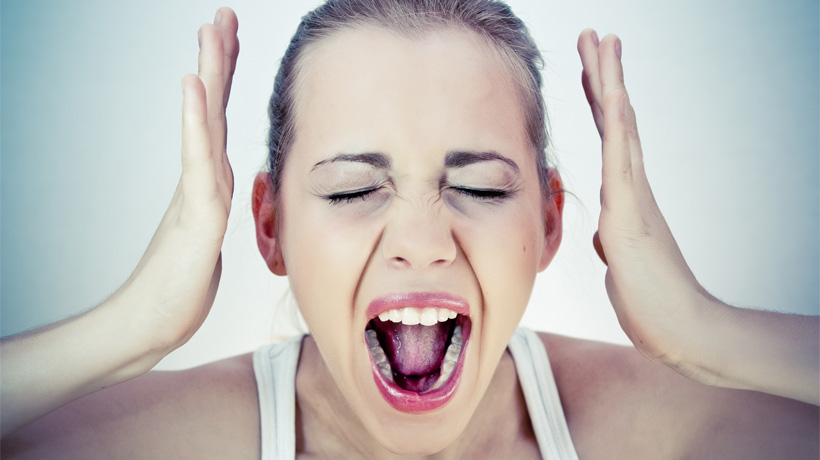Last week, you and James rearranged your room — a truth that you completely forget about as you topple off your window-facing bed this morning. Mother fu..n house you whisper, remembering that your 10-year-old is sleeping in the neighboring room.
As you get up off the ground and head to the kitchen, one of your son’s socks sends you sliding across the hallway and into the cupboard. Sh..iitake mushrooms you call, holding back another seething urge to curse.
Once you place the sock safely in the dryer and move on with the rest of your day, you decide to make some chamomile tea to calm your nerves. Just as you’re pouring the boiling water into your “Girl Boss” mug, it slips out of your hand, the scathing liquid burns your hand, and shards of broken glass cut your pinky toe. Oh for f***’s sake!!! You finally yelp. Can’t catch a break in this house!!
We’ve all fallen victim to this unfortunate cataclysm of a morning, and are thus all aware of just how cathartic it can be to swear when we are at our wit’s end. And according to science, there are a number of research-based justifications to do just that. So the next time you stub your toe, don’t be afraid to drop an “F bomb” or two, flail your arms to your heart’s content, and simply fend off all naysayers with the oath that you are but an avid supporter of the scientific method.
With that being said, here are four reasons swearing might actually be good for your health.
Pain relief
Cursing releases a surge of adrenaline into your body, which is the same hormone that activates the “fight or flight” response. Your pupils dilate, digestion slows, muscles tense, and you prepare to either tussle or scuttle.
Richard Stephens, a scientist at Keele University in England, performed an experiment in which his subjects held their hands in ice water. Those who swore were able to do so for twice as long as those who didn’t. However, this was only the case for people who cursed on occasion — “serial swearers” were presumed to be desensitized to the relief of saying bad words, and were thus no longer aroused by doing so.
Catharsis and emotional health
According to a study performed by the Department of Medical and Clinical Psychology in Tilburg University, swearing sometimes serves as an alternative to physical aggression because of the cathartic effect it has. Feelings of anger and frustration lessen, thus decreasing the likelihood of overt bodily aggression.
In addition, swearing can increase circulation and the production of endorphins, and induce a sense of calm, control, and well-being.
Increased credibility and positivity
In a study called Swearing: A Biopsychosocial Perspective,subjects were more likely to judge a fictitious testimony of a suspect who used swear words as more credible than that of a suspect who did not use any.
Swearing was also measured to influence other important characteristics of speech. For instance, cursing at the beginning or end of a speech resulted in a more positive perception of the topic of the speech compared to that of one without swear words.
Peer and social bonding
Because swearing is only made taboo by society to signal the expression of strong emotions, doing so in appropriate contexts can often demonstrate our belonging and comfort within a certain social group.
It can also express our vulnerability, which as we know, breeds connection. As such, swearing can be a very healthy activity indeed.
Sources:
https://hrcak.srce.hr/108514
https://psycnet.apa.org/record/2013-35574-008
https://www.psychologytoday.com/us/blog/hide-and-seek/201205/hell-yes-the-7-best-reasons-swearing



